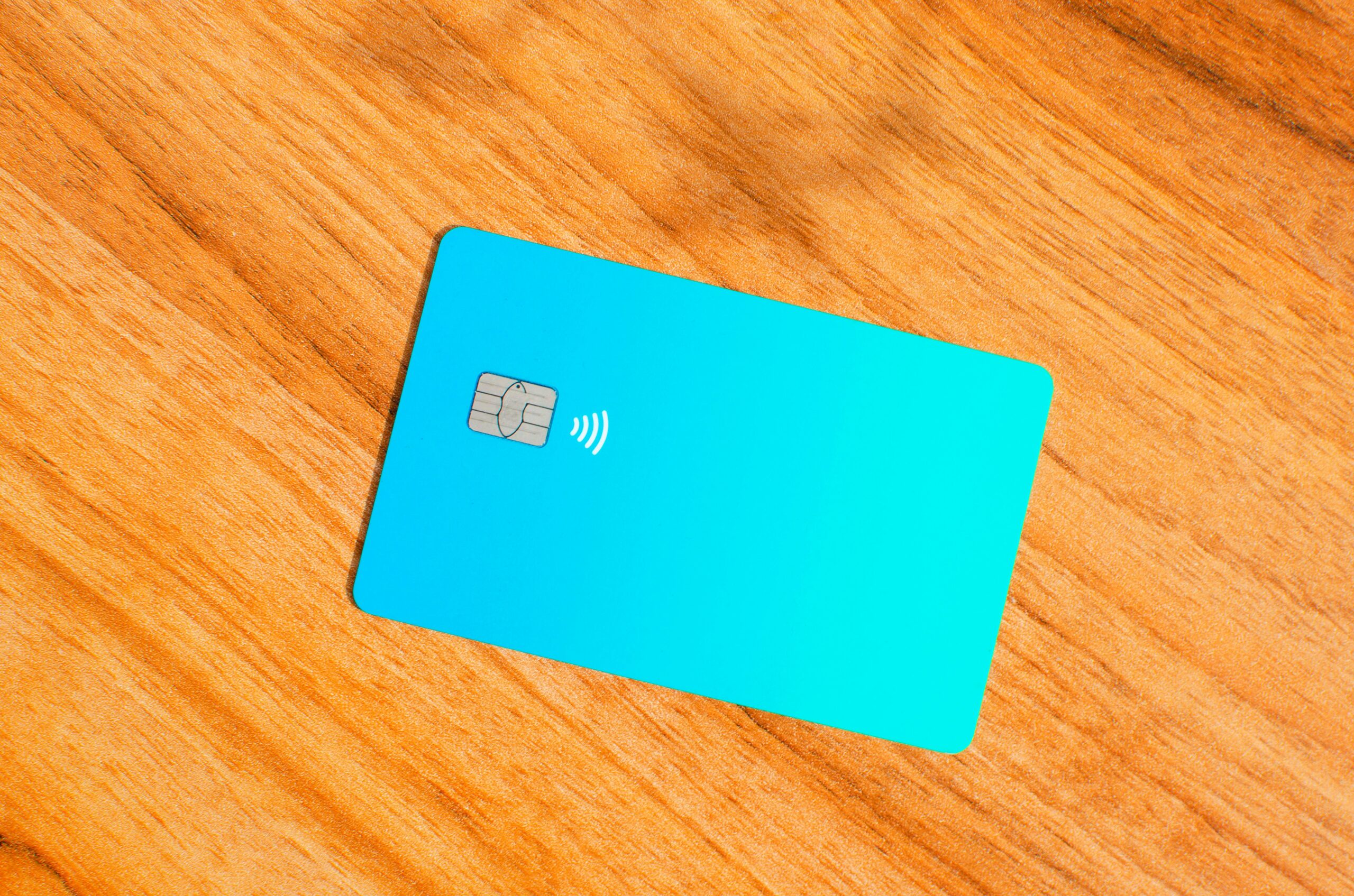Cybersecurity means to protect systems that connect to the internet (or a shared network), mainly to protect the data, software and hardware. It’s important for both individuals as businesses and governments to protect unauthorized access to their data and systems.
An attacker may want to access your sensitive data. Either to alter it, delete it, extort you, or to use it for other means. When it comes to companies and governments, cyber security is also designed to make sure operations are not disabled or disrupted.
Is there an easy solution?
It’s multi-faceted, meaning there is more than 1 thing you can do, and need to pay attention to. First things first, you need to become aware of your data and how and with who, you’re sharing it. Secondly, you need to be aware of the devices you use, the networks you access, the apps and programs on all your devices, and more. We will get into that at a later point and go through all of this step by step.
It’s important because the number of people using the internet, devices and apps, are increasing, and with them the amount of data that is shared across all those systems. A lot of this data is sensitive or confidential.
Think of your personal details: your full name, address, phone number, any means of identification like ID, passport, driver’s license etc. As well as your medical data or financial data.
Why would someone want my data?
Sometimes these attacks are very specific, targeted as we call them. Hackers can target someone to impersonate them, because they have an important role in certain organizations, because of political reasons, etc.
Other times it’s random. Attackers search for any kind of way they can access certain data. The same way they attack a bank if they find a weakness in the system, they can find a weakness in your setup. It can be that you’re using an easy password, re-using that password or because your wifi isn’t very secure. A lot of times this is why using a public wifi network is dangerous. Anyone on the same network can get information about you.
Even though you specifically may not be a target, you can become a target by chance. That’s exactly why it’s important to know how you’re sharing your data, how other people are using yours (or the same) devices, and how to protect yourself.

Why should I care, I never share anything online?
Even if you personally don’t share things online, which to be fair is almost impossible these days, every service you use probably holds on to your data, longer than you think.
About a third of all data breaches are cause by human error, which means people really need to be instructed and updated more regularly on how to protect themselves and data.
If your data gets stolen, it can undermine your reputation or work. It can take years to restore and sometimes it will be impossible to do so.
Sometimes it can be as easy as someone using your information to buy things online, causing financial loss. Or using your ID or details to impersonate you and apply for a new credit card. There can be legal issues you can face as a consequence of someone else using your data.
People can use your information for scams and phishing attacks. These types of attacks try to give you a familiar feeling with a service or person, to trick you.
Practical tips to start with at home
- Use passwords that are unique and strong. Create a different, complex password for each account and if needed, use a password manager to securely store them.
- Enable 2FA or MFA. Two-Factor Authentication or Multi-Factor Authentication means adding an extra layer of security to your accounts. It requires a second or multiple forms of verification, so someone who finds out your password still can’t access your account just like that.
- Be careful online. Avoid clicking on weird links or downloading suspicious attachments. Check that you are on the correct website before entering any information.
- Make sure your own Wi-Fi network is secure. Change the default passwords your router came with, disable any access without password and make sure you only give out the Wi-Fi password to people you trust.
- Update the software you use regularly. Updates are important as many times, these updates include security patches once a vulnerability or weakness is found by the provider.
- Use parental controls to limit what your kids can do, access and block inappropriate content.
- Review privacy settings on any social media account or online platform.
- Teach family members about the risks and what safe online behavior entails.
What’s to come
In the coming weeks and months, we will go into all these things in more detail. Explaining everything and recommending steps you can take at home (and on the road) to protect yourself. If you have any specific questions, feel free to comment or contact us. We will try to answer all questions as well as we can.
Stay safe.
Learn About Cyber / Instagram
Learn About Cyber / X
Learn About Cyber / LinkedIn

